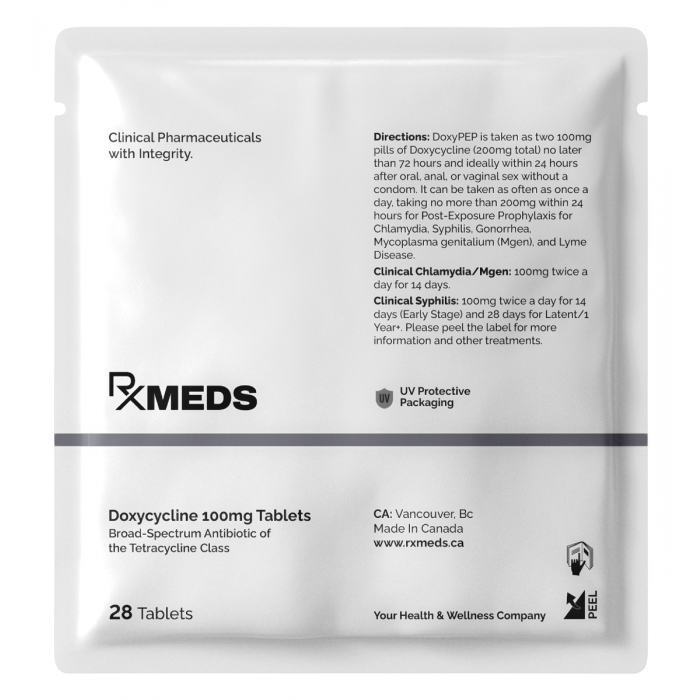 |
|
5 Customer Review
I’m thrilled with the results of this product! My Metformin arrived incredibly fast, the discreet packaging was perfect!
Checkout using your account
Checkout as a new customer
Creating an account has many benefits:

In stock
Lymphogranuloma venereum (LGV) is a sexually transmitted infection (STI) caused by specific serotypes (L1, L2, and L3) of the bacteria Chlamydia trachomatis. Unlike typical chlamydial infections, LGV primarily targets the lymphatic system, leading to an intense inflammatory response that affects the lymph nodes and surrounding tissue.
LGV typically begins with a small, painless sore or lesion at the site of infection, usually in the genital or rectal area. Often, this initial sore goes unnoticed, healing on its own within a few days. However, as the bacteria move into the lymphatic system, symptoms emerge approximately 3 to 30 days after exposure. This second stage is characterized by painful swelling and inflammation of the lymph nodes, primarily in the groin (inguinal) region, which may form large, tender masses called "buboes."
If untreated, LGV can enter a chronic phase, leading to complications such as abscesses, fistulas, and extensive tissue destruction. Persistent inflammation can result in tissue scarring, fibrosis, and in some cases, disfiguring deformities, particularly if the infection has affected rectal or genital areas. This advanced stage of LGV can also lead to lymphedema, where the lymphatic system's compromised function results in long-term swelling, which can be painful and debilitating.
The primary goal of LGV treatment is to eradicate the Chlamydia trachomatis infection, reduce inflammation, and prevent any further complications. Doxycycline is the preferred first-line antibiotic for treating LGV due to its effectiveness against Chlamydia trachomatis and its broad-spectrum antibacterial properties. When administered in the early stages of the infection, doxycycline can prevent complications such as tissue damage and scarring. However, early treatment is crucial, as prolonged infection can make the condition more challenging to manage and may necessitate additional medical interventions for symptom relief.
Doxycycline is considered the most effective antibiotic for treating LGV, owing to its potency in inhibiting the growth of Chlamydia trachomatis and its ability to reach high concentrations in infected tissues, including the lymphatic system. Doxycycline works by interfering with bacterial protein synthesis, effectively stopping the bacteria from multiplying and spreading.
Doxycycline: The recommended dosage for treating LGV is 100 mg taken orally twice daily for a duration of 21 days.
The 21-day course ensures that the bacteria are thoroughly eradicated from the body, reducing the risk of relapse or chronic infection. It is essential to complete the full course of antibiotics, even if symptoms improve earlier, as stopping prematurely may allow the infection to return or develop antibiotic resistance.
While doxycycline is highly effective, it is crucial to take this medication under the guidance of a healthcare provider due to potential side effects and contraindications. Doxycycline is classified as Pregnancy Category D, indicating a known risk of harm to the fetus, and should generally be avoided in pregnant individuals. Patients are also advised to avoid excessive sun exposure while taking doxycycline, as it can increase photosensitivity.
Lymphogranuloma venereum (LGV) is a progressive and potentially serious infection caused by Chlamydia trachomatis that primarily affects the lymphatic system. Timely treatment with doxycycline, 100 mg taken twice daily for 21 days, is highly effective in managing the infection, preventing complications, and promoting recovery. As with any antibiotic, adherence to the prescribed course is essential for optimal results.